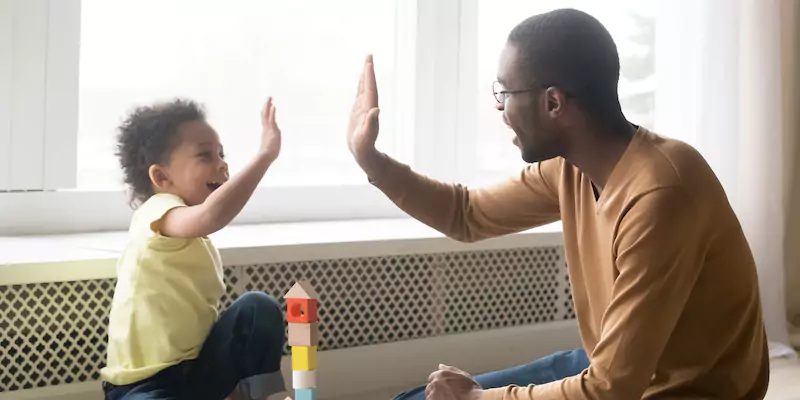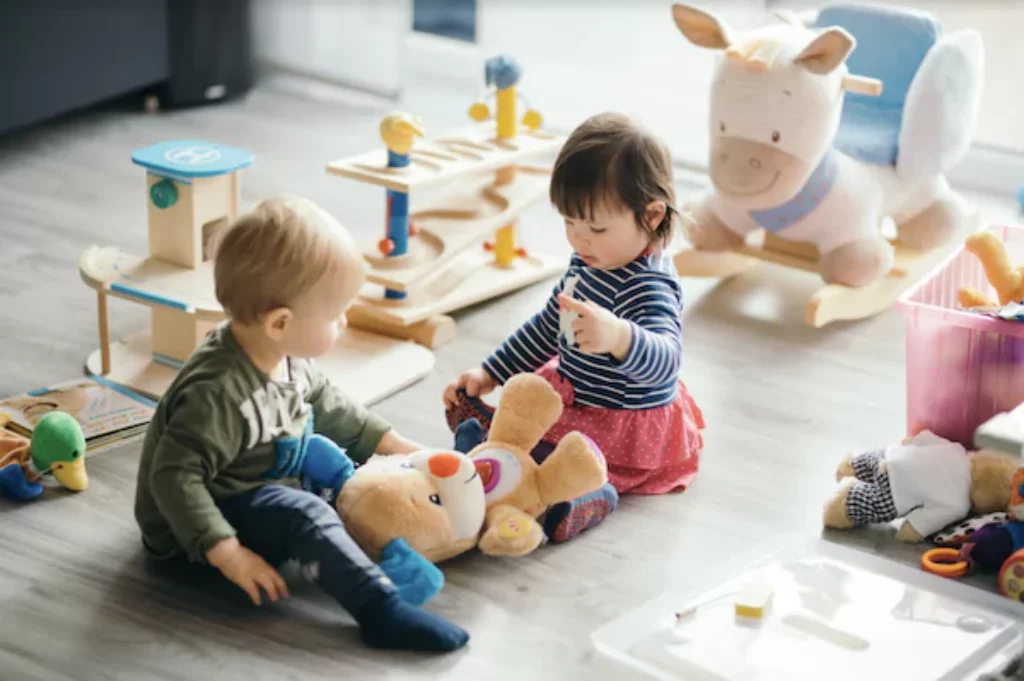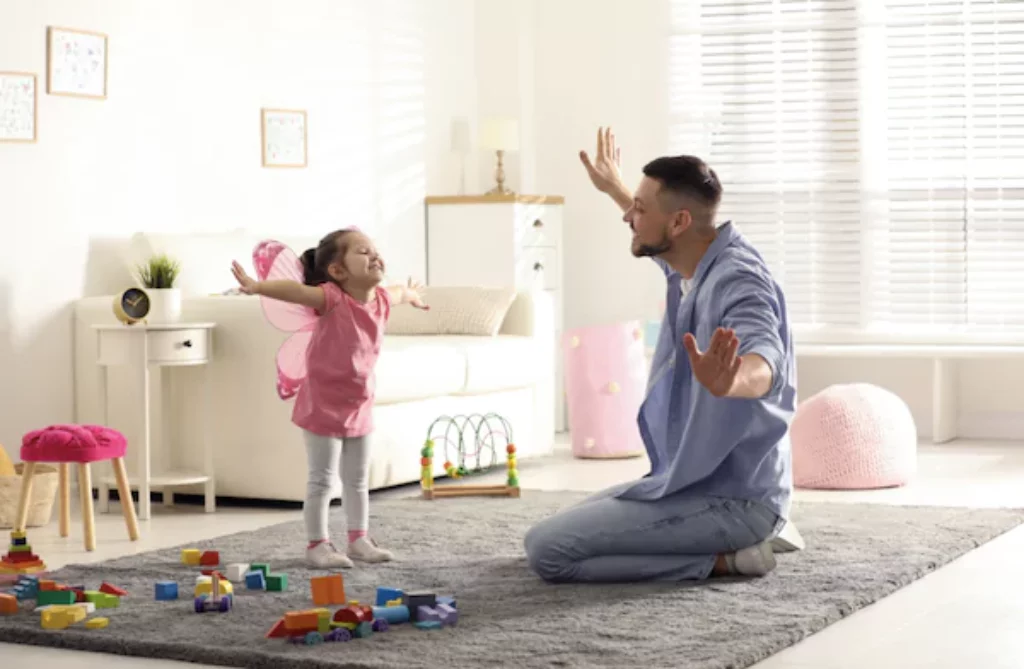6 Ways To Help Your Child Learn Through Play

Play is among the most valuable ways your child can learn. It supports the formal education they’ll go through later and helps them grow their self-worth. Furthermore, the United Nations has enshrined the right to play as a universal child right fundamental to their well-being.
Playing is fun. As you watch your child play, their smiles and laughter are very rewarding. Play provides a healthy release of endorphins and allows your child to think creatively using their imagination. Furthermore, it encourages social interaction. As children play together, they communicate unique ideas and listen to different perspectives. They can learn essential social skills like teamwork.
The benefits of play-based education, such as the ones mentioned in this great post, are numerous. But you need the right approach to help your child reap these benefits. The following are some ways you can help your child learn through play:

Let Them Choose What They Want To Do
For your child’s play to be educative, let them be active participants. Instead of passively participating, let them choose what they’d like to do. You usually want to initiate an activity and lead your child through it because you feel you know better. There’s no problem with you helping, but it’s a more exciting learning experience when the child uses their mind to solve a problem they’re facing.
Hence, you should allow your child to decide what they’ll play, how, and when. You can take a backseat, focus on keeping them safe and offer suggestions.
Take An Activity-Based Approach To Every Subject
Your child would find it hard to understand a lecture, so you should take an activity-based approach to any subject you’re handling. Physical activities help your child build on their motor skills. Make them do exercises like jumping, running, climbing, or crawling to demonstrate an idea.
Activity-based approaches make it easy for your child to remember something. While carrying out the activity, imitate their sounds and actions to reinforce the cognitive skills or vocabulary you’re trying to teach.
Give Them A Chance To Role-Play
Your child can learn through play when you give them a free environment. They can try and experiment with new ideas. You can allow them to role-play real-life scenarios using costumes and props. It helps your child express their creativity and learn different concepts.
For example, you can use a cardboard box to build a car together, and they can act as drivers. This kind of playing allows your child to explore various real-world concepts like transportation and time. Through building props and costumes, they also learn to be creative.
Choose The Right Toys
Play can impact your child’s learning only when you’re intentional about the toys you pick for them. This can be particularly beneficial when your child has developmental disabilities. You must understand what toys can help them learn more. Some of the typical toys you can pick include:
- Messy play: Children like getting dirty and using their senses. Get them sand or water to explore and build their fine motor control and excite their senses.
- Paint: Let your child run wild with painting tools that allow them to experience the world in a sensory way and grow their self-expression. They can also learn to tidy up.
- Play-Doh: Encourage your kid to manipulate, squeeze, and use their hands to play with this toy. It helps them build their confidence and coordination.
- Music: Have your child listen to age-appropriate music that can help them develop literacy, language, and essential math skills like counting. They can also learn rhythm and refine their listening skills.
- Open-ended toys: Buy toys with endless opportunities, like rainbow pebbles and building blocks, that can spark your child’s imagination to build different things, learn to count, or even develop their language.
Different toys come with various learning opportunities. Choose toys like the ones above that occupy your child’s time and can turn their play into a learning experience. You may also want to encourage them to play outdoors for maximum fun instead of spending all day indoors.

Have Story Time
You should have story times during your child’s play sessions. Read them a book so they can develop their listening skills and grow their love for books. This activity can also help with your bonding. Through reading, your child can memorize their favorite story and read along with you. Consider picking books with repetition and rhythm.
Sing To Them
Lullabies and nursery rhymes have been around for years. Singing them to your child can help with not only mood-altering and soothing but also developing listening and language skills. If you don’t know all the lyrics, make up songs about your child’s day and use them.
Conclusion
Playing helps your child’s brain develop, and their communication and language skills can mature. Simple games like shaking a rattle or building blocks are more than a way to pass the time. These childhood games are essential in laying the foundation for basic life principles and formal learning. The tips above are ways to contribute to your child’s education through play.

